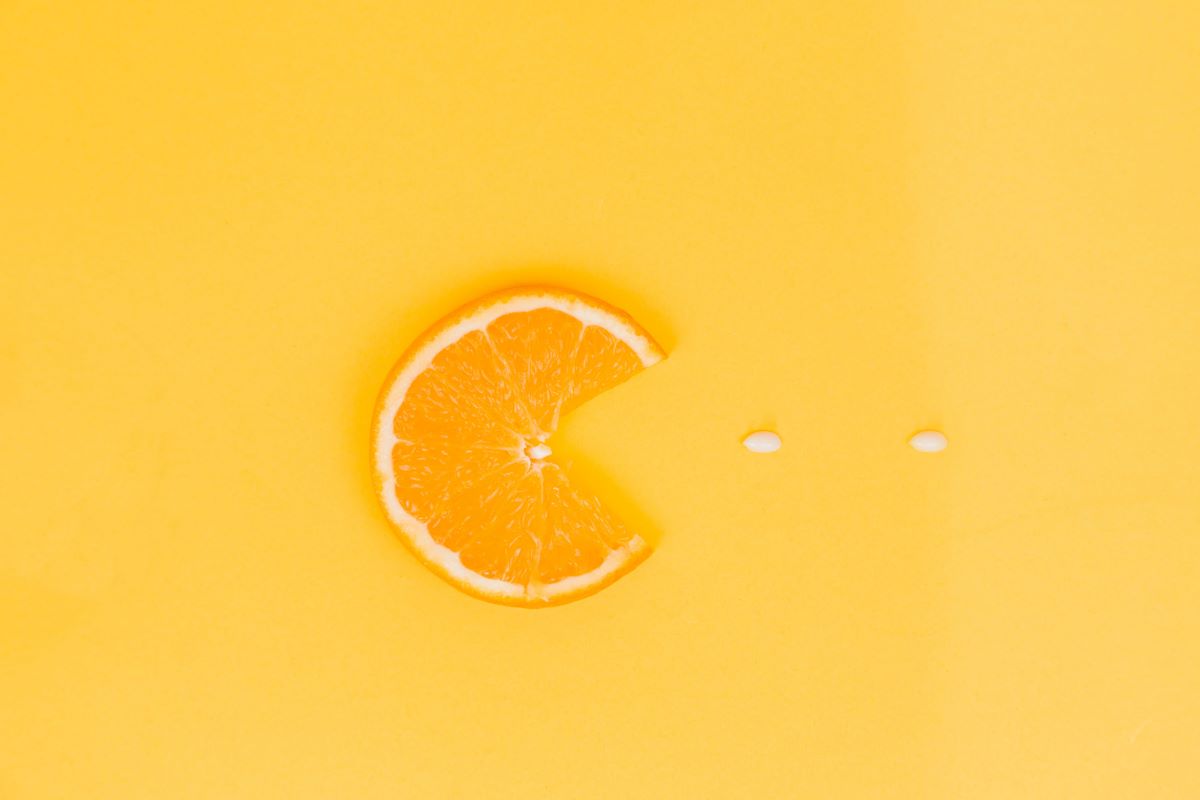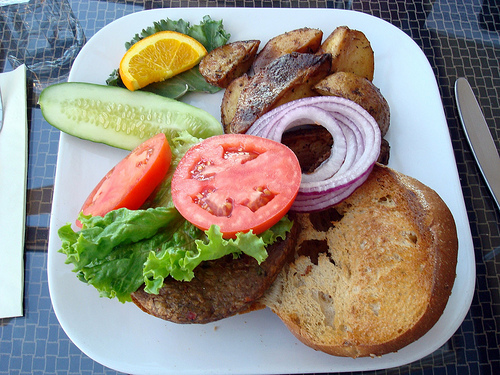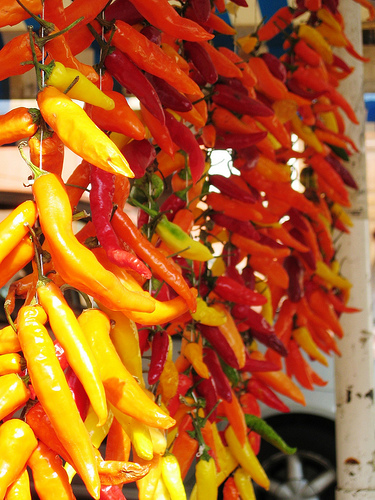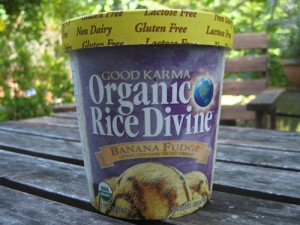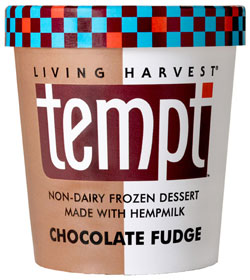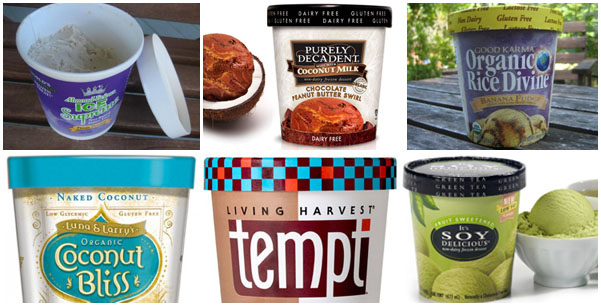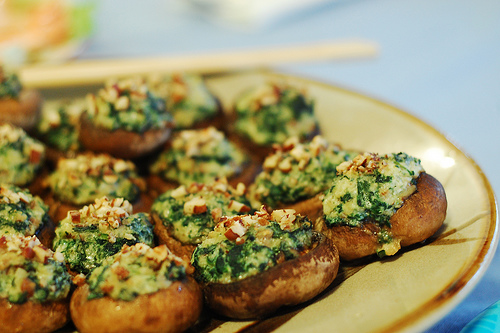Table of Contents
Vitamin C is essential for various bodily functions, including maintaining a robust immune system and promoting skin health. It is often synonymous with fruits like oranges and lemons, but the challenge sometimes lies in diversifying your sources, especially when adhering to a vegan diet.
A well-balanced vegan diet can provide all the vitamin C you need, but it’s crucial to know which foods to focus on. This article aims to be a comprehensive guide for those looking to meet their vitamin C needs while respecting their vegan principles.
Whether you’re new to the vegan lifestyle or a seasoned pro, this article will provide valuable insights into obtaining ample and varied sources of this vital nutrient.
Vitamin C and Its Importance in the Body
Vitamin C is a water-soluble nutrient with a plethora of health benefits. It is an antioxidant, plays a role in collagen synthesis, and provides immune support.
Antioxidant Defense
One of the primary roles of vitamin C is its function as a powerful antioxidant. Antioxidants are vital in combating oxidative stress, which can lead to cellular damage and premature aging. By neutralizing free radicals, vitamin C helps to maintain your cellular health, thus aiding in the prevention of various chronic diseases.
Collagen Synthesis
Vitamin C is also indispensable in synthesizing collagen, a protein that provides structure to various body parts including the skin, tendons, ligaments, and blood vessels. A sufficient vitamin C intake is thus crucial for maintaining healthy skin, enhancing wound healing, and preserving the integrity of your joints and connective tissues.
Immune System Boost
Lastly, vitamin C has been shown to bolster the immune system by supporting various cellular functions involved in both innate and adaptive immunity. It helps produce white blood cells and antibodies, vital in fighting infections and illnesses.
Vegan Food Sources of Vitamin C
Getting enough Vitamin C on a vegan diet is achievable if you know where to look. Let’s explore some excellent vegan-friendly food sources rich in this essential nutrient.
Fruits
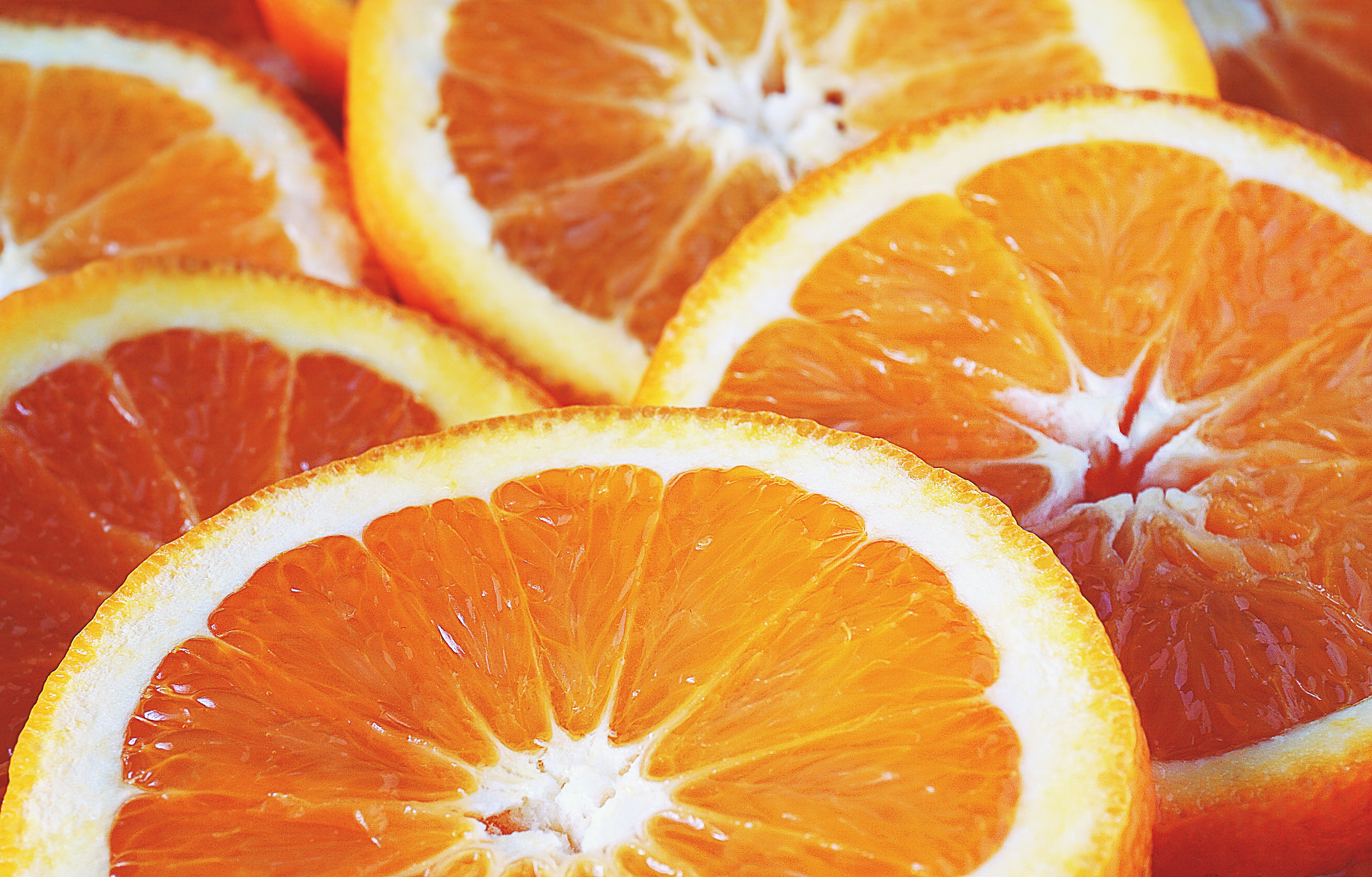
Oranges
One medium orange contains about 70 mg of Vitamin C. It’s not just a breakfast staple but a powerful immune booster.
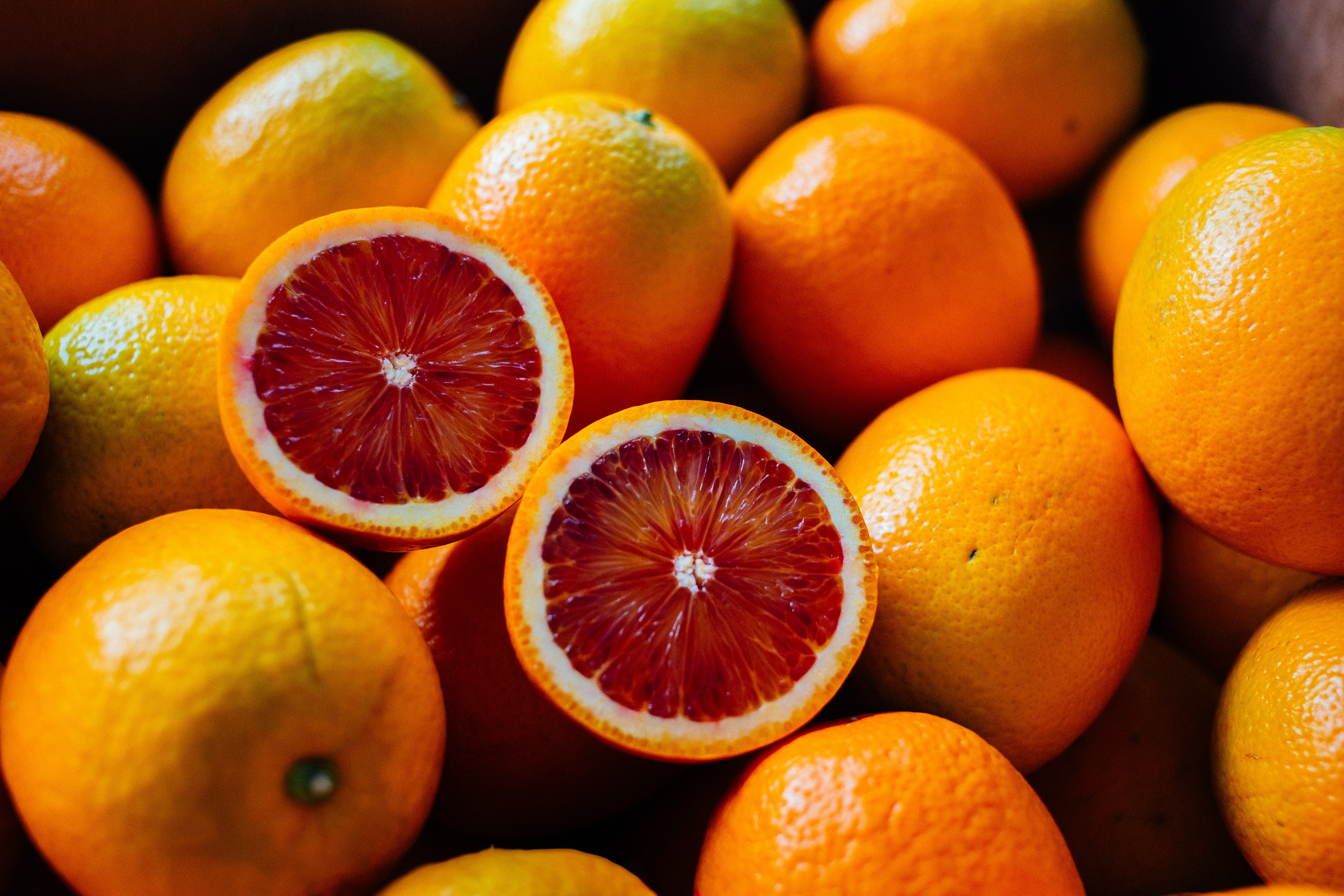
Grapefruits
A half grapefruit contains up to 38 mg of Vitamin C. Eating one for breakfast is a great way to start your day with a Vitamin C boost.
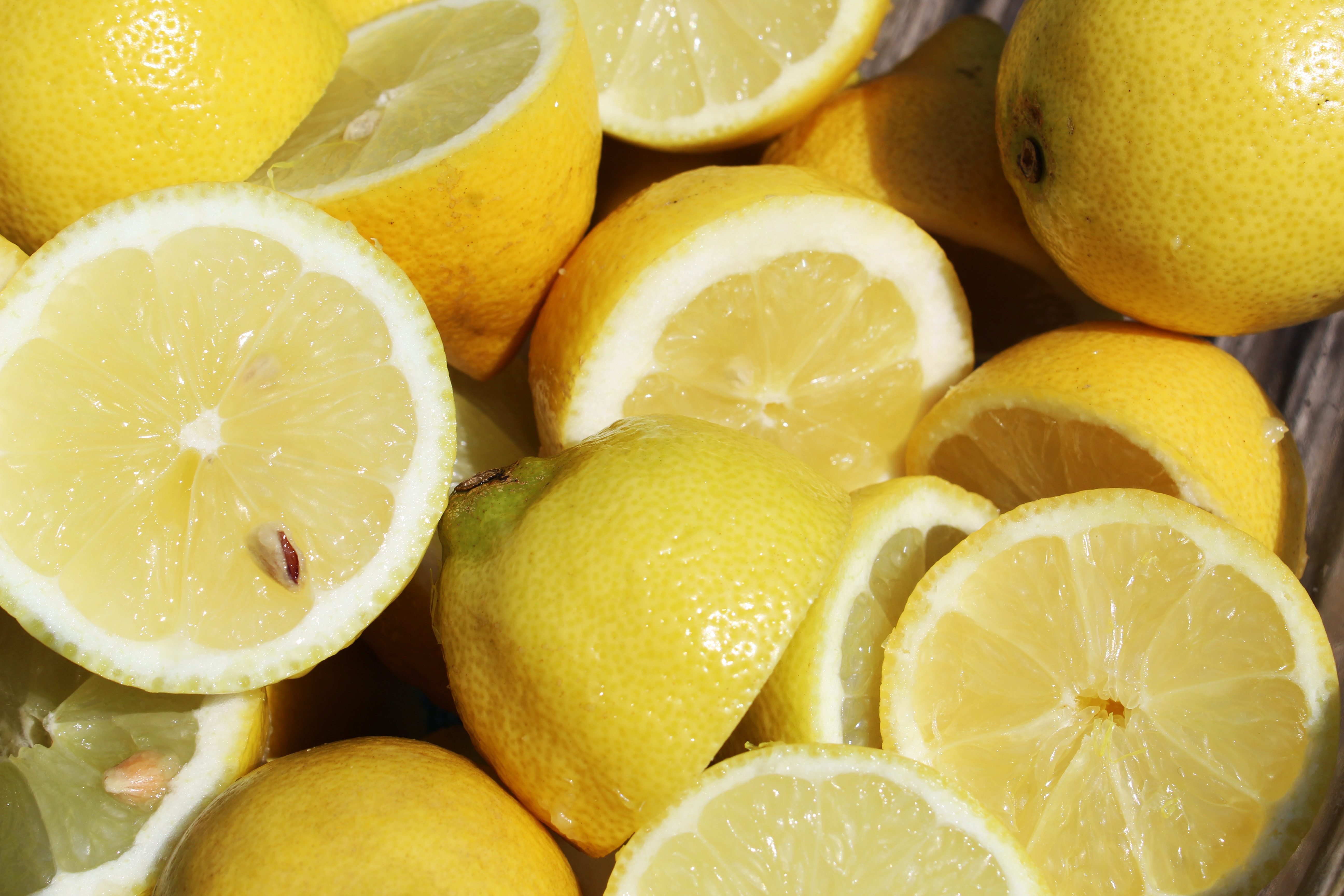
Lemons
One lemon provides about 30-50 mg of Vitamin C. Lemon juice makes a refreshing drink that hydrates and provides essential nutrients.
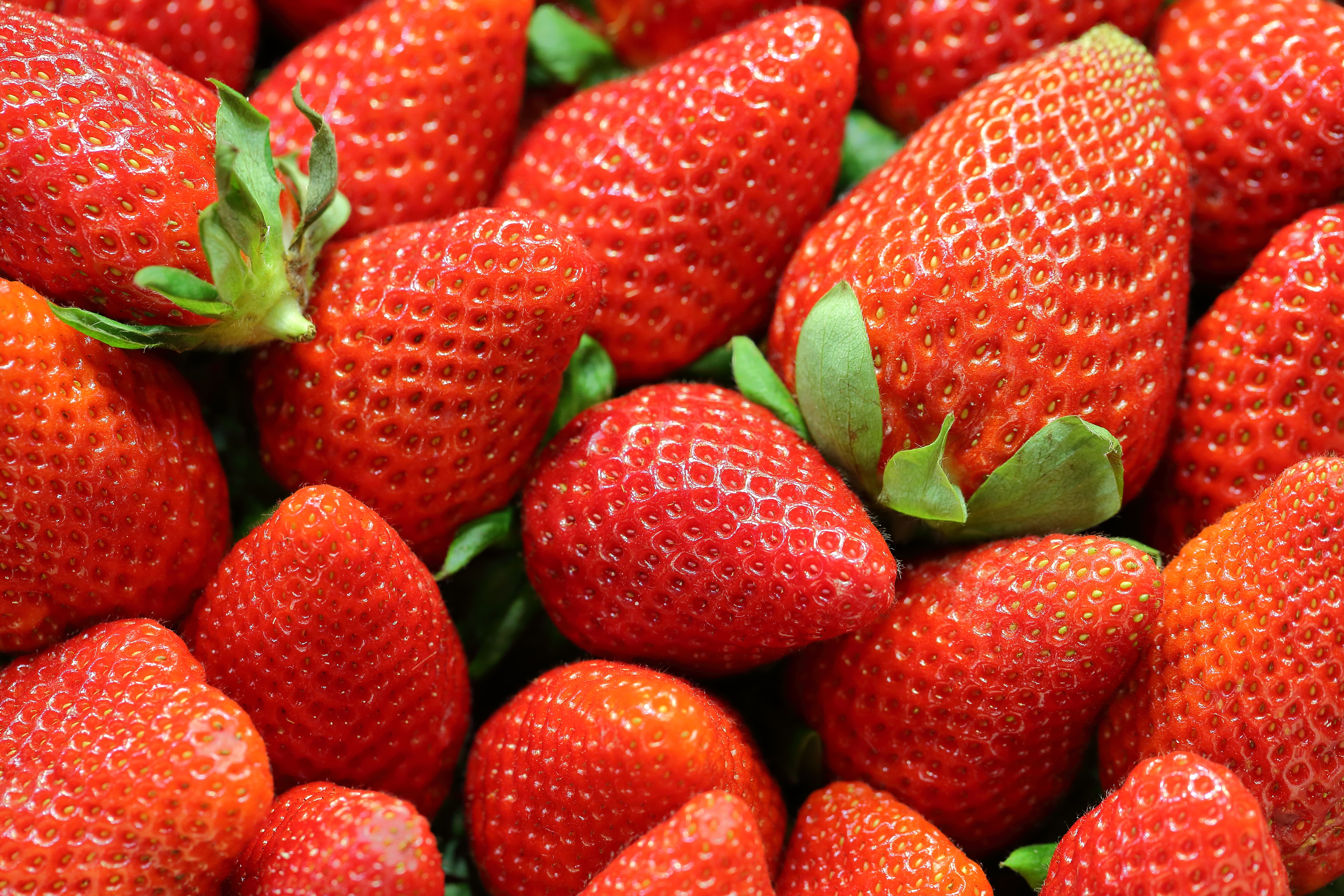
Strawberries
One cup of strawberries offers around 89 mg of Vitamin C. Besides, they are a delicious addition to breakfast bowls or desserts.
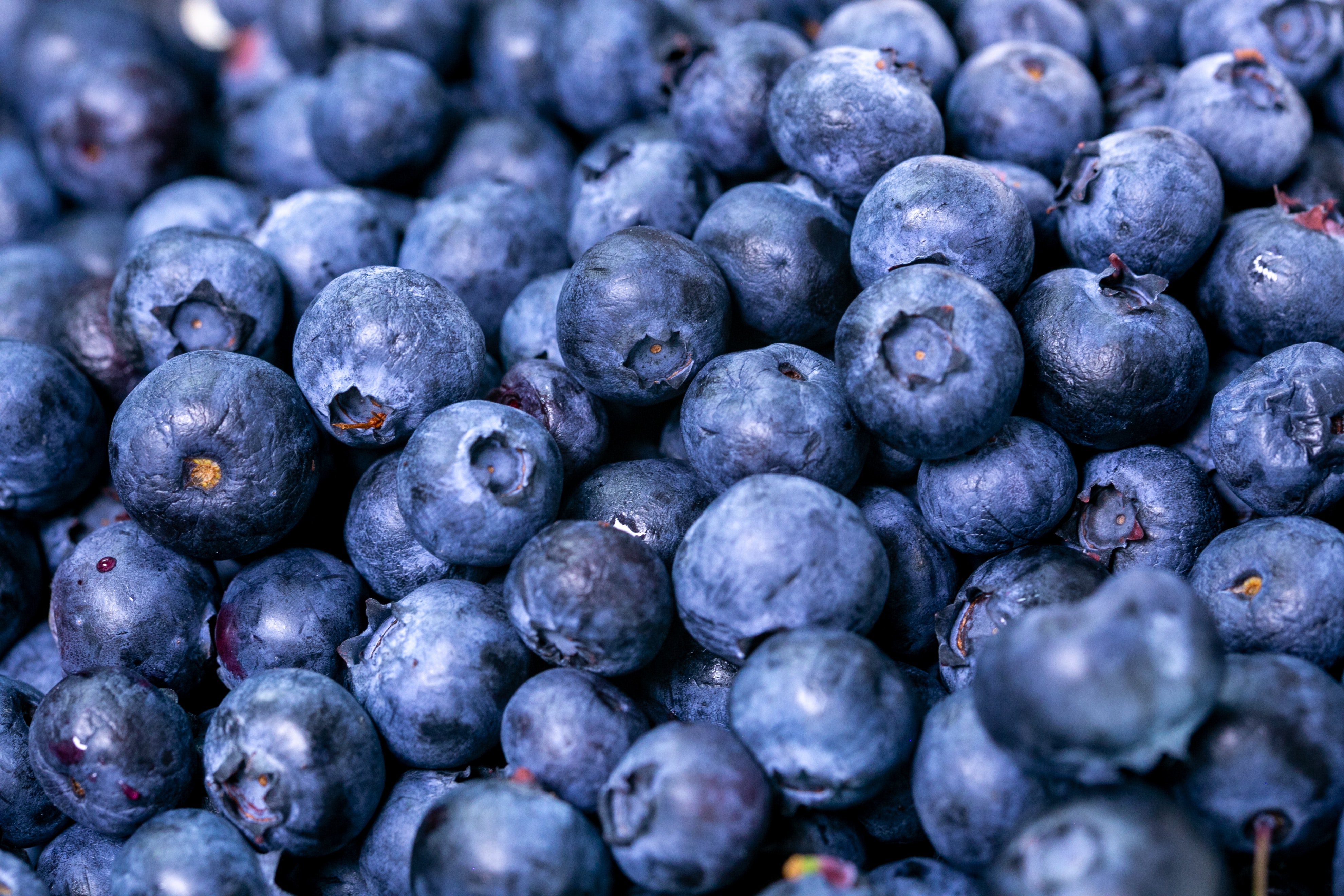
Blueberries
While not as rich in Vitamin C as other fruits, a cup of blueberries still provides about 14 mg. They are also packed with other antioxidants.
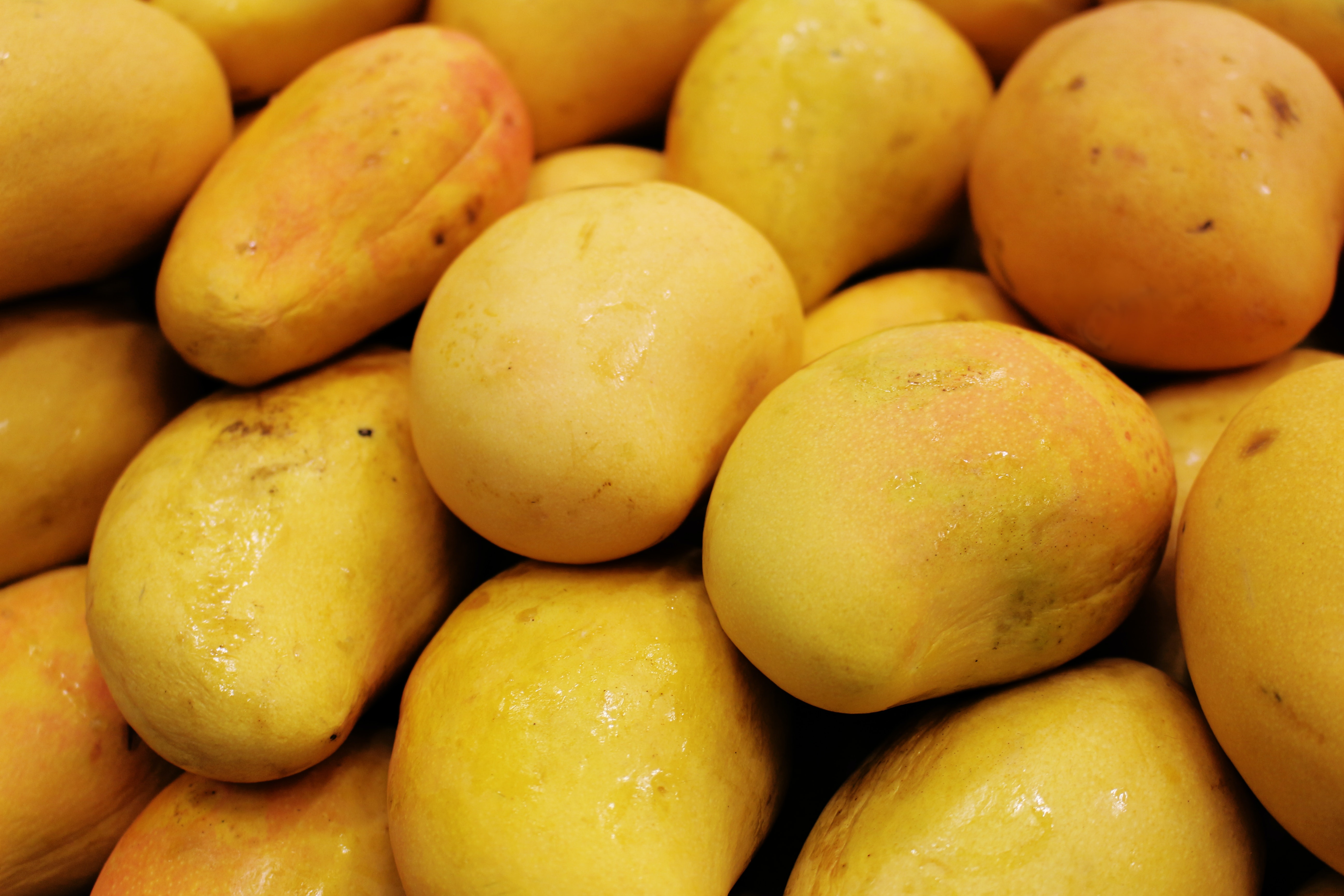
Mango
One mango can offer up to 60 mg of Vitamin C. This tropical fruit is also a delightful treat by itself or in a smoothie.
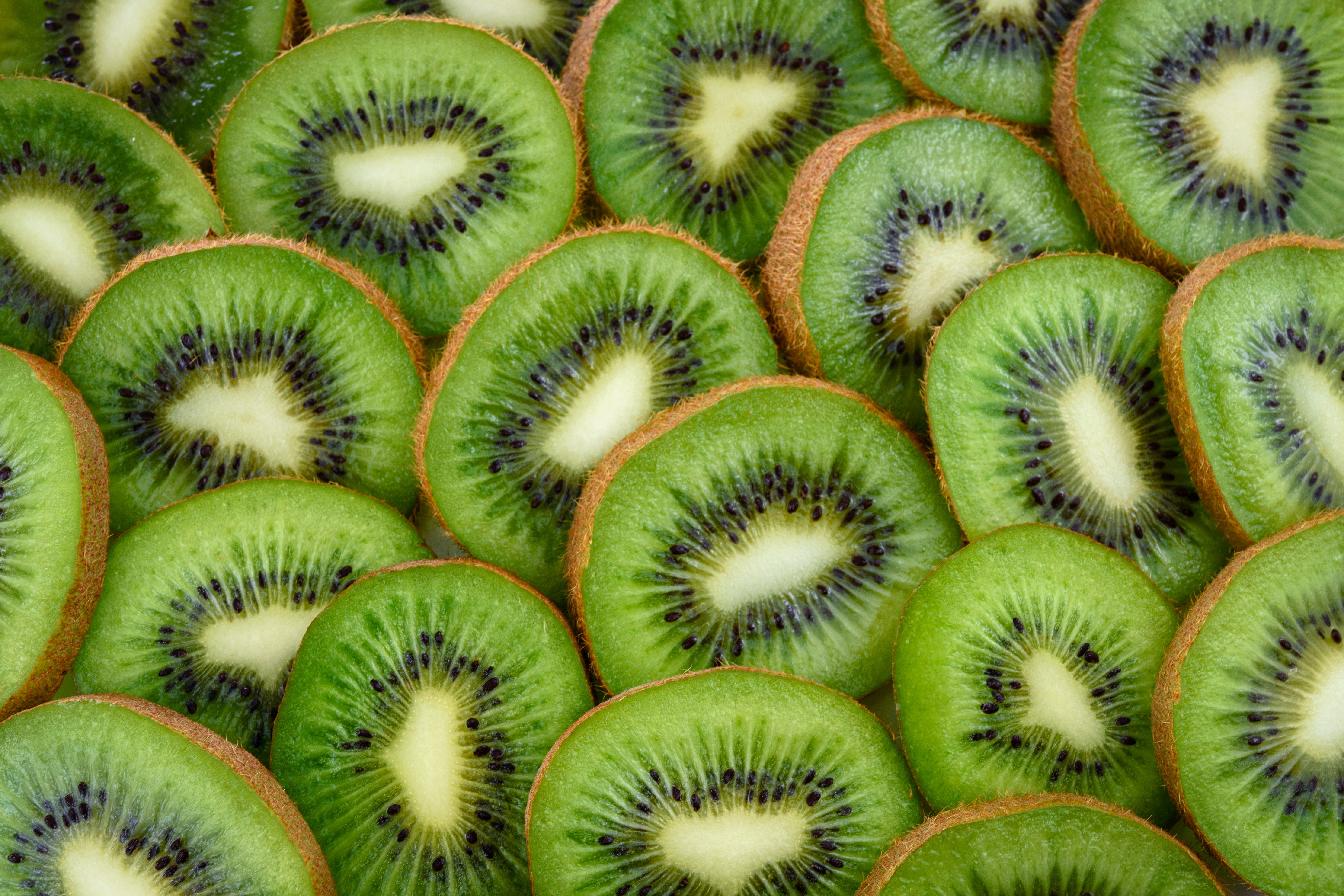
Kiwi
A single kiwi fruit contains approximately 71 mg of Vitamin C. It’s also low in calories and rich in nutrients like Vitamin K.
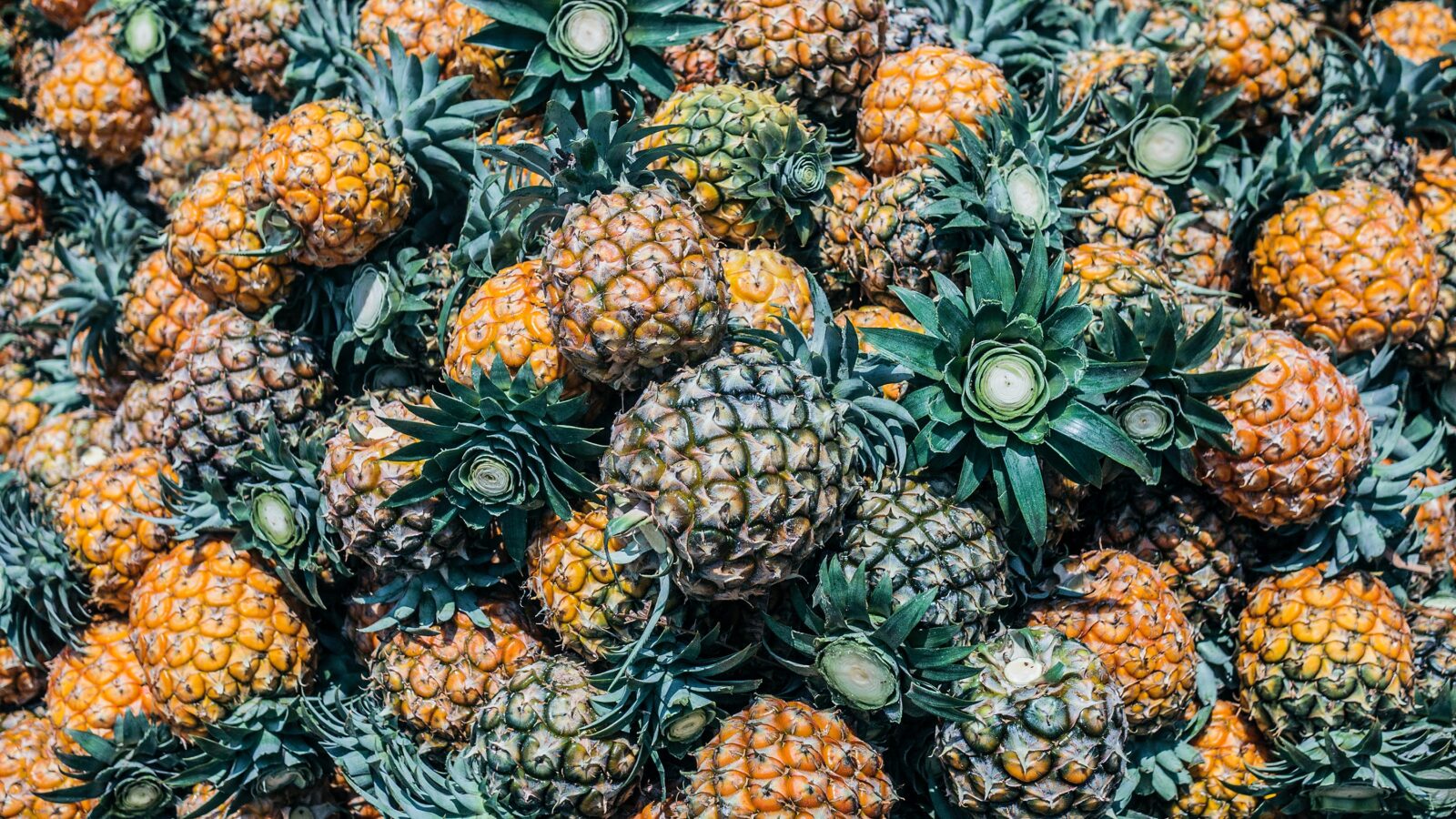
Pineapple
One cup of pineapple chunks contains around 79 mg of Vitamin C. Besides, it’s excellent for digestion due to its bromelain content.
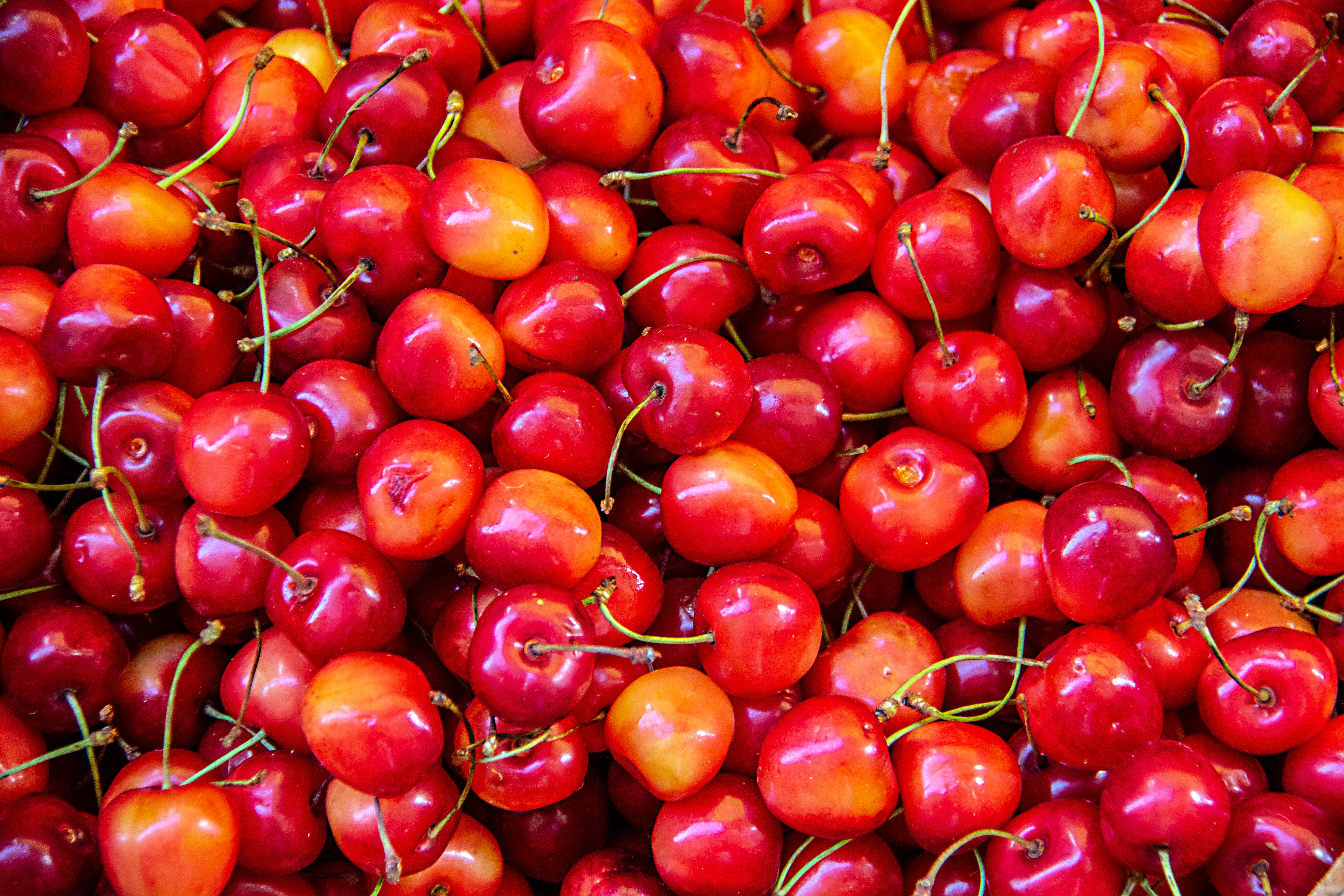
Acerola Cherries
These cherries can have 50-100 times the Vitamin C of other citrus fruits like oranges. You can often find acerola cherries in capsule form.
Vegetables
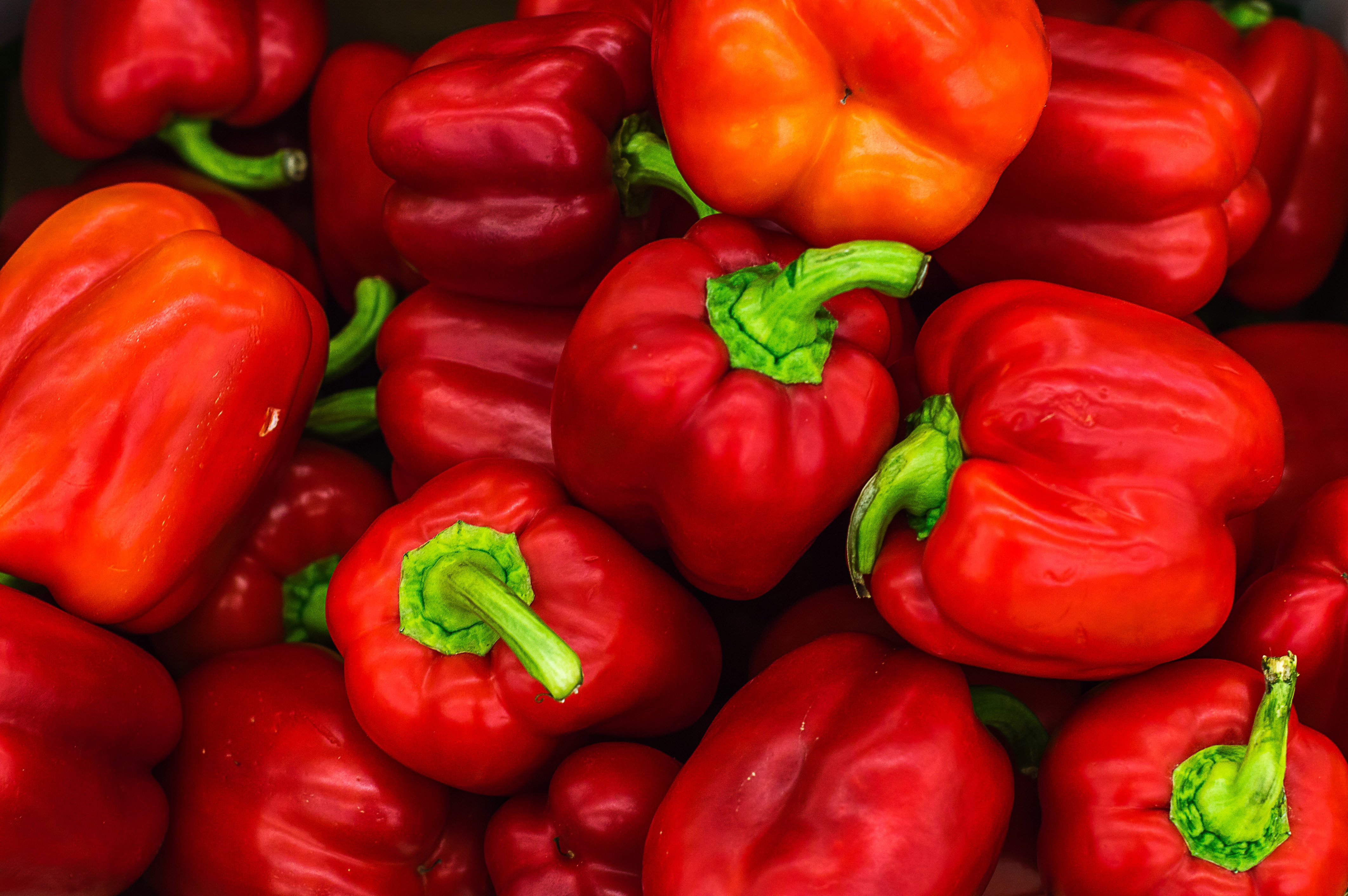
Bell Peppers
One medium-sized red bell pepper provides up to 150 mg of Vitamin C, making it one of the richest plant-based sources.
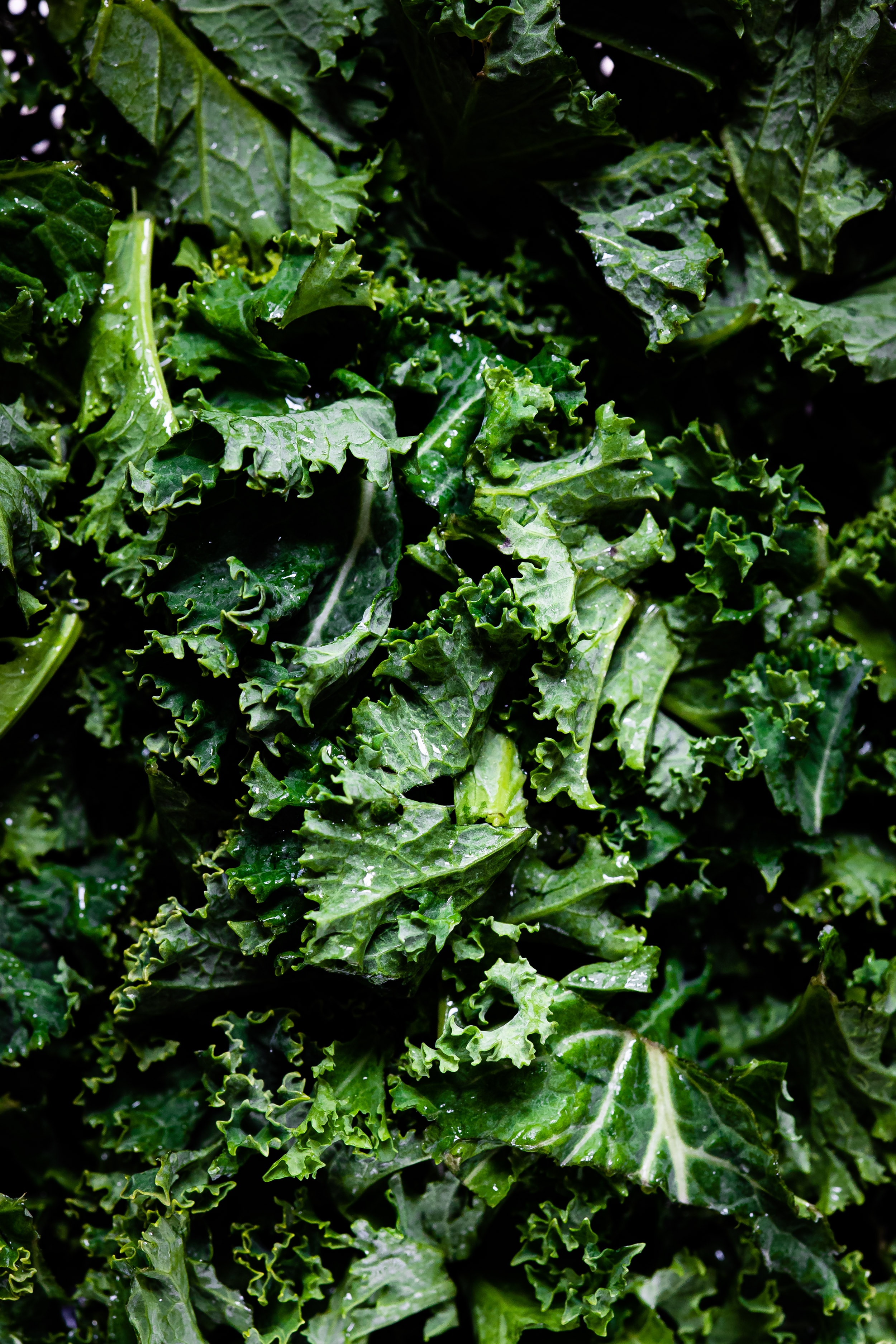
Leafy Greens
Kale offers about 80 mg of Vitamin C per cup. Other leafy greens like spinach and collard greens are also decent sources.
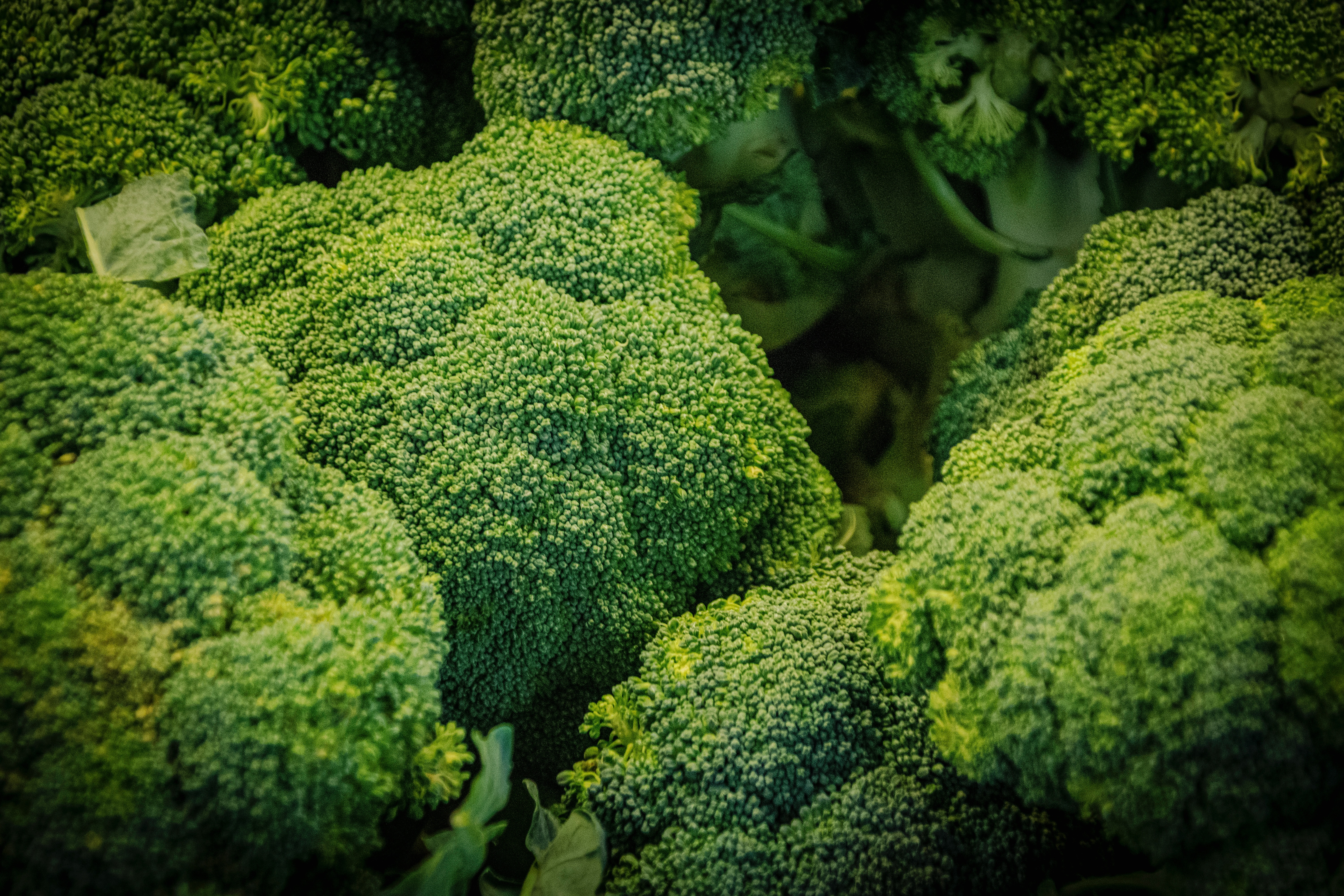
Broccoli
A cup of chopped broccoli gives you about 81 mg of Vitamin C and a host of other nutrients like fiber and Vitamin K.
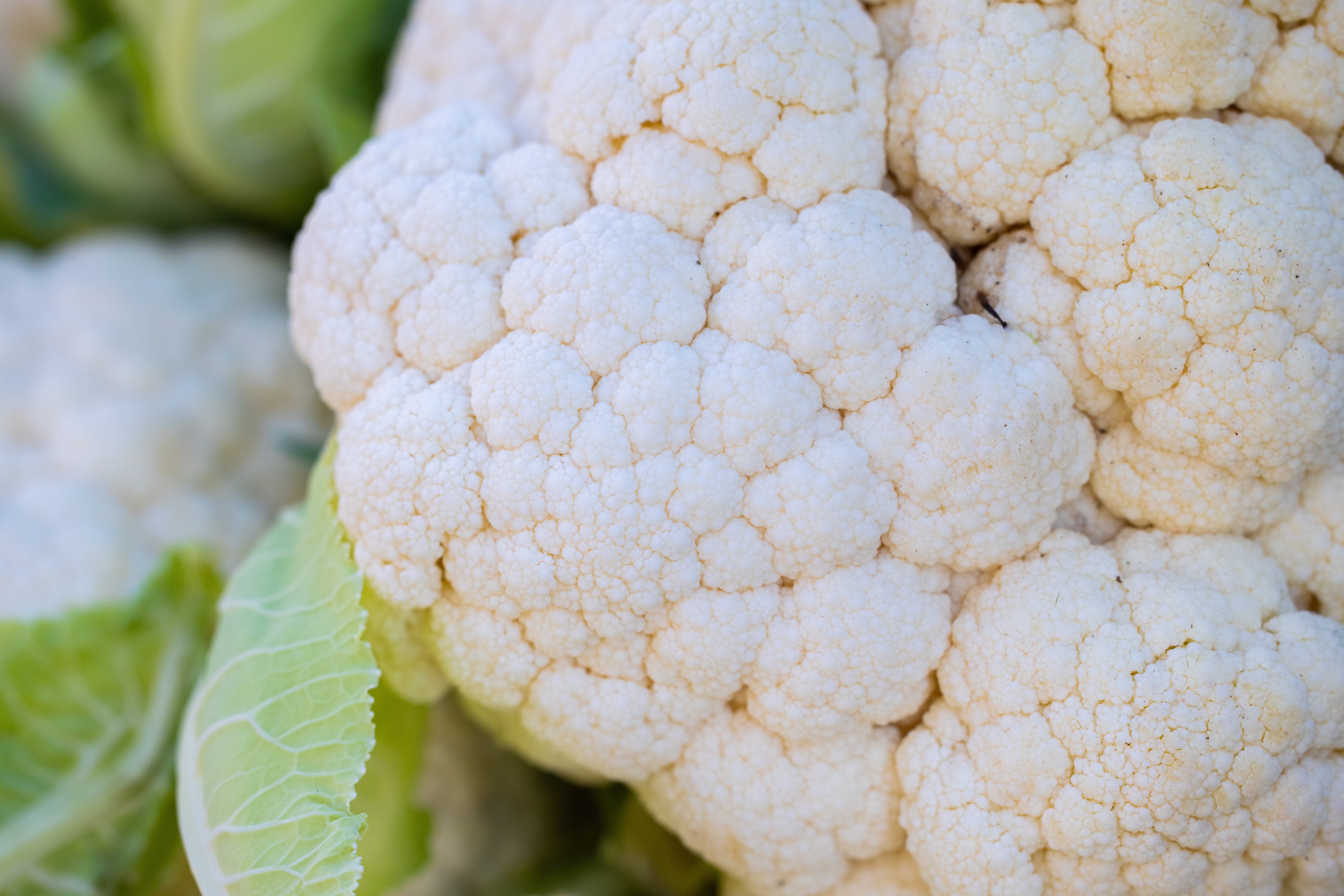
Cauliflower
A single serving of cauliflower can offer up to 46 mg of Vitamin C, making it a great addition to a vegan diet.
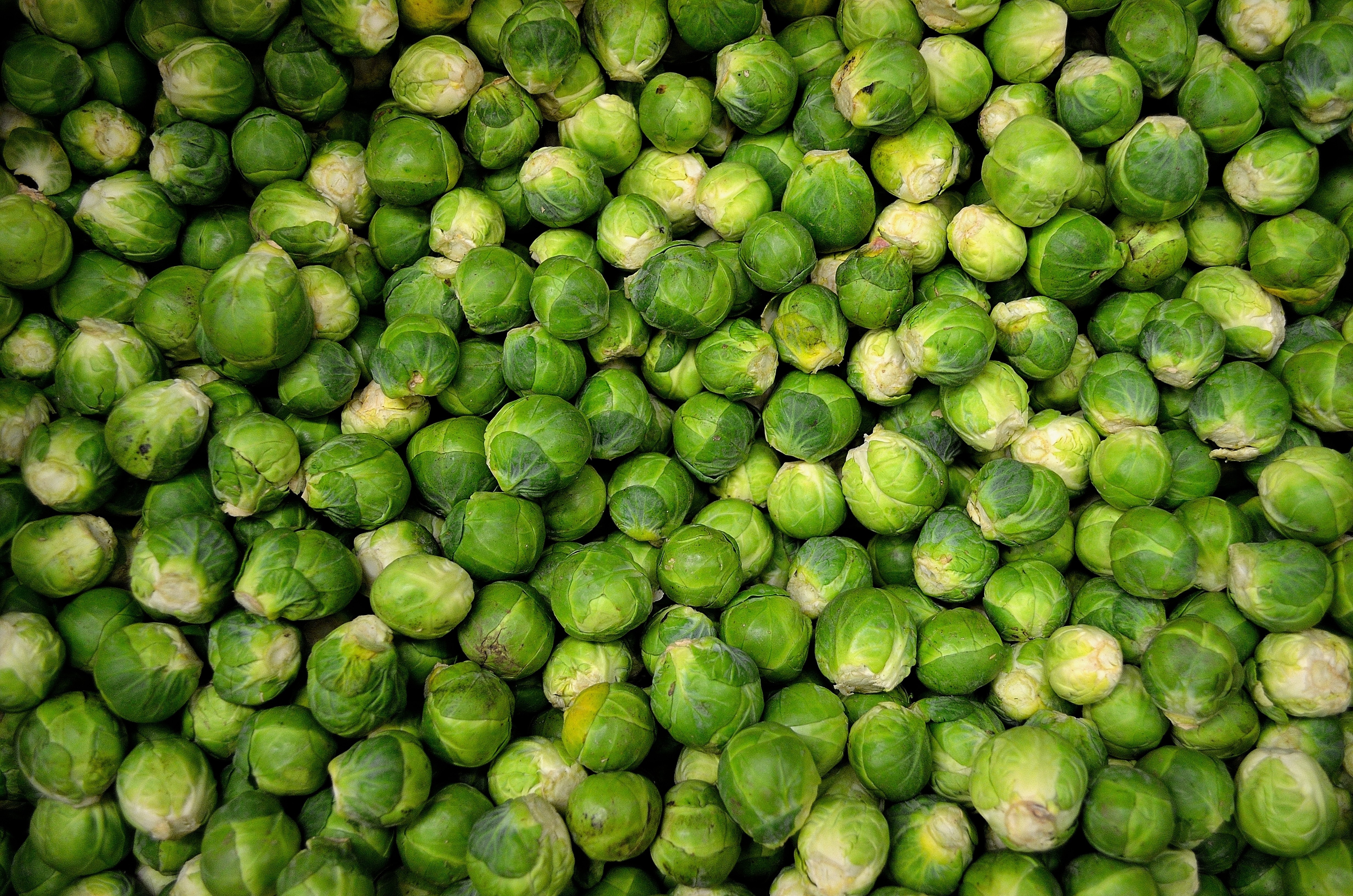
Brussels Sprouts
A half-cup of cooked Brussels sprouts provides about 48 mg of Vitamin C. They also contain other beneficial nutrients like fiber and Vitamin K.
Vegan Vitamin C Supplements
For some people, relying solely on food sources for Vitamin C might not be sufficient, especially when specific dietary restrictions or health conditions come into play.
Types of Vitamin C Supplements
Ascorbic Acid: This is the most common form of Vitamin C in supplements. It’s readily available and usually the least expensive option.
Calcium Ascorbate: This gentler form of Vitamin C is less acidic, making it easier on the stomach.
Vitamin C with Bioflavonoids: Some vegan supplements also include bioflavonoids, plant compounds that enhance the absorption and effectiveness of Vitamin C.
Considerations for Supplement Use
Before starting any supplement regimen, it’s crucial to consult with a healthcare provider for appropriate dosage and suitability. Always choose high-quality, vegan-certified supplements, and be cautious of any potential interactions with medications you may be taking.
How the Body Utilizes Vitamin C
Understanding how our bodies process Vitamin C can help us make informed dietary choices. Vitamin C, or ascorbic acid, is a water-soluble vitamin. It dissolves in water and is carried to the body’s tissues but is not well-stored, so it needs to be consumed regularly.
Nutrients Affecting Vitamin C Absorption
Several factors, including other nutrients in the digestive system, influence vitamin C absorption. Absorption occurs mainly in the small intestine and is energy-dependent, requiring cellular energy to move the vitamin into circulation.
Protein: Amino acids like cysteine and methionine can improve the body’s retention of Vitamin C.
Fat: Although Vitamin C is water-soluble, certain fat-soluble carriers in the digestive tract can aid absorption.
Positive Absorption Interactions
Certain nutrients can work synergistically to enhance the absorption and utility of Vitamin C.
Iron and Vitamin C: One of the most notable interactions is between Vitamin C and iron, specifically non-heme iron, which is the type of iron found in plant foods. Vitamin C can enhance the bioavailability of non-heme iron, making it easier for the body to absorb. This particularly benefits vegans and vegetarians who may not get heme iron from animal products. Consuming Vitamin C-rich vegetables, fruits like bell peppers and oranges, and iron-rich foods like spinach and lentils can be an excellent strategy for improving iron absorption.
Negative Absorption Interactions
Some nutrients can enhance Vitamin C absorption, while others can impede it.
Sugars and Starches: High levels of sugars and starches can inhibit Vitamin C absorption as they compete for entry into cells.
Alcohol: Excessive alcohol can reduce Vitamin C levels in the body, affecting absorption and its utility in various physiological functions.
Phytates: These compounds, found in certain grains and legumes, can bind to Vitamin C, making it less bioavailable.
To mitigate these negative interactions, aim to consume Vitamin C-rich foods apart from meals high in sugars, starches, or alcohol. For instance, you could have fruit or vegetable snacks in between meals rather than as part of a large, mixed meal.
Lifestyle Factors That Impact Vitamin C Needs
Various lifestyle factors can affect your Vitamin C requirements, making it essential to tailor your intake to your specific circumstances. While a vegan diet can offer ample sources of Vitamin C through fruits and vegetables, understanding how these factors come into play can help you optimize your health.
Age and Vitamin C Needs
As we age, our bodies might require higher doses of certain nutrients, including Vitamin C. The recommended daily amount (RDA) for adults is 90 mg for men and 75 mg for women. However, for those over 50, some health experts recommend an intake of 120 mg per day.
Stress and Vitamin C
Chronic stress has been shown to deplete Vitamin C levels in the body. The adrenal glands use Vitamin C to produce stress hormones, so your requirements may increase in high-stress situations. A supplement or increased dietary intake might be beneficial during stressful periods.
Smoking and Vitamin C
Smoking is known to deplete Vitamin C levels significantly. The oxidative stress caused by smoking can consume more Vitamin C as the body fights off the damaging effects of free radicals. An additional 35 mg per day on top of the regular RDA is advised for smokers.
Exercise and Physical Activity
Regular, intense physical exercise can increase your metabolic rate, which in turn can heighten your nutrient needs, including Vitamin C. Athletes or those engaged in intense physical training might benefit from an intake higher than the standard RDA.
Pregnancy and Lactation
Vitamin C is crucial during rapid growth, such as pregnancy and lactation. The RDA for pregnant women is 85 mg, and it’s 120 mg for lactating women.
Environmental Factors
Pollution and exposure to toxins can also increase your Vitamin C needs. These environmental factors can lead to oxidative stress, against which Vitamin C is a protective antioxidant.
By considering these lifestyle and environmental factors, you can more accurately determine your Vitamin C needs on a vegan diet and make suitable adjustments to ensure optimal health.
FAQ
Navigating through the plethora of information about Vitamin C can be overwhelming, especially when following a vegan lifestyle. Below are answers to some of the most frequently asked questions.
How much vitamin C do I need daily on a vegan diet?
The amount of Vitamin C you need daily on a vegan diet doesn’t differ from general recommendations, which are 90 mg for men and 75 mg for women. However, lifestyle factors like stress, age, and smoking could increase your needs.
Can I get enough vitamin C from fruits alone?
You can get enough Vitamin C from fruits alone on a vegan diet. Many fruits like oranges, strawberries, and kiwis are rich in Vitamin C. However, diversifying your sources to include vegetables like bell peppers and leafy greens can offer a broader range of nutrients.
Are vitamin C supplements necessary for vegans?
Vitamin C supplements aren’t generally necessary for vegans with a varied and balanced diet. However, an accessory might be beneficial under certain conditions like increased stress, pregnancy, or for smokers.
How does cooking affect the vitamin C content of foods?
Cooking methods can affect the Vitamin C content of foods, as this nutrient is sensitive to heat. Boiling and frying can lose up to 50% of the Vitamin C content. Steaming or microwaving are better options for preserving this essential nutrient.
Can vitamin C help prevent the common cold?
Some evidence suggests that Vitamin C can help prevent the common cold or reduce its duration, particularly in individuals under high physical stress. However, for the general population, the data could be more conclusive. Nonetheless, Vitamin C plays a crucial role in immune function, so maintaining adequate levels is always beneficial.
